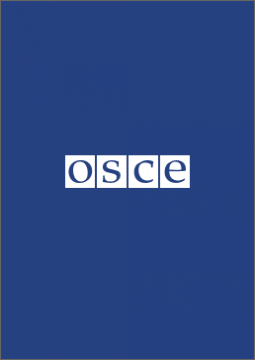
The PBS of Bosnia Herzegovina consists of three public broadcasters: the countrywide Radio and Television of Bosnia and Herzegovina (BHRT) and two entity public broadcasters – Radio and Television of Federation of Bosnia and Herzegovina (RTV FBiH) and Radio and Television of Republic Srpska (RTRS).
When it comes to the role of the PSB, the report notes, although the regulation of public service remit in Bosnia and Herzegovina is in line with some of the relevant media standards in Europe, the public broadcasters are not obliged to be factors for integration of all individuals and communities in the country, to serve as forums for pluralistic public discussions and to be promoters of broader democratic participation or produce innovative content.
Safeguards for the independence and editorial autonomy are included in the legal frame regulating PBS of BiH, however censorship and a priori control of the activities of public service broadcasters are not clearly prohibited.
The safeguards against conflict of interest are also weak. Similar to other countries, national and entity parliaments in Bosnia and Herzegovina play a key role in the appointment and dismissal of members of the boards of governors of public service broadcasters.
The laws pertaining to the public service broadcasting system include requirements for public accountability of public broadcasters, however the legislation does not explicitly establish that the operation of public broadcasters is subject to public control and that the broadcasters can be held responsible for failures to fulfil their mission. Internal complaint mechanisms are not envisaged.
The model of funding of PBS in Bosnia and Herzegovina is mixed, including the RTV tax and advertisement revenues. The legal framework fails to guarantee that public service broadcasters will be provided with the necessary financial means to complete their missions. The regulation does not limit the proportion of advertisement revenues and consequently does not ensure that public service broadcasters are not excessively dependent on them.
Recommendations are provided in the report regarding specific aspects of the functioning of PBS in BiH. General recommendation on the legal framework include the harmonisation of the legal framework of public service broadcasting, and the strengthening of the role of public service broadcasters in the integration of all individuals, groups and communities in the country.
Institutional autonomy and editorial independence of public service broadcasters should be reinforced. Finally, the national parliament and the parliaments of both entities should ensure that public service broadcasters are provided with the necessary financial means to complete their mission and set out mechanisms for regular reviews of their needs and provision of publicly funds to enable them to operate in the new digital environment.
Tags: Bosnia Herzegovina Public broadcastingThe content of this article can be used according to the terms of Creative Commons: Attribution-NonCommercial 4.0 International (CC BY-NC 4.0) . To do so use the the wording "this article was originally published on the Resource Centre on Media Freedom in Europe" including a direct active link to the original article page.

